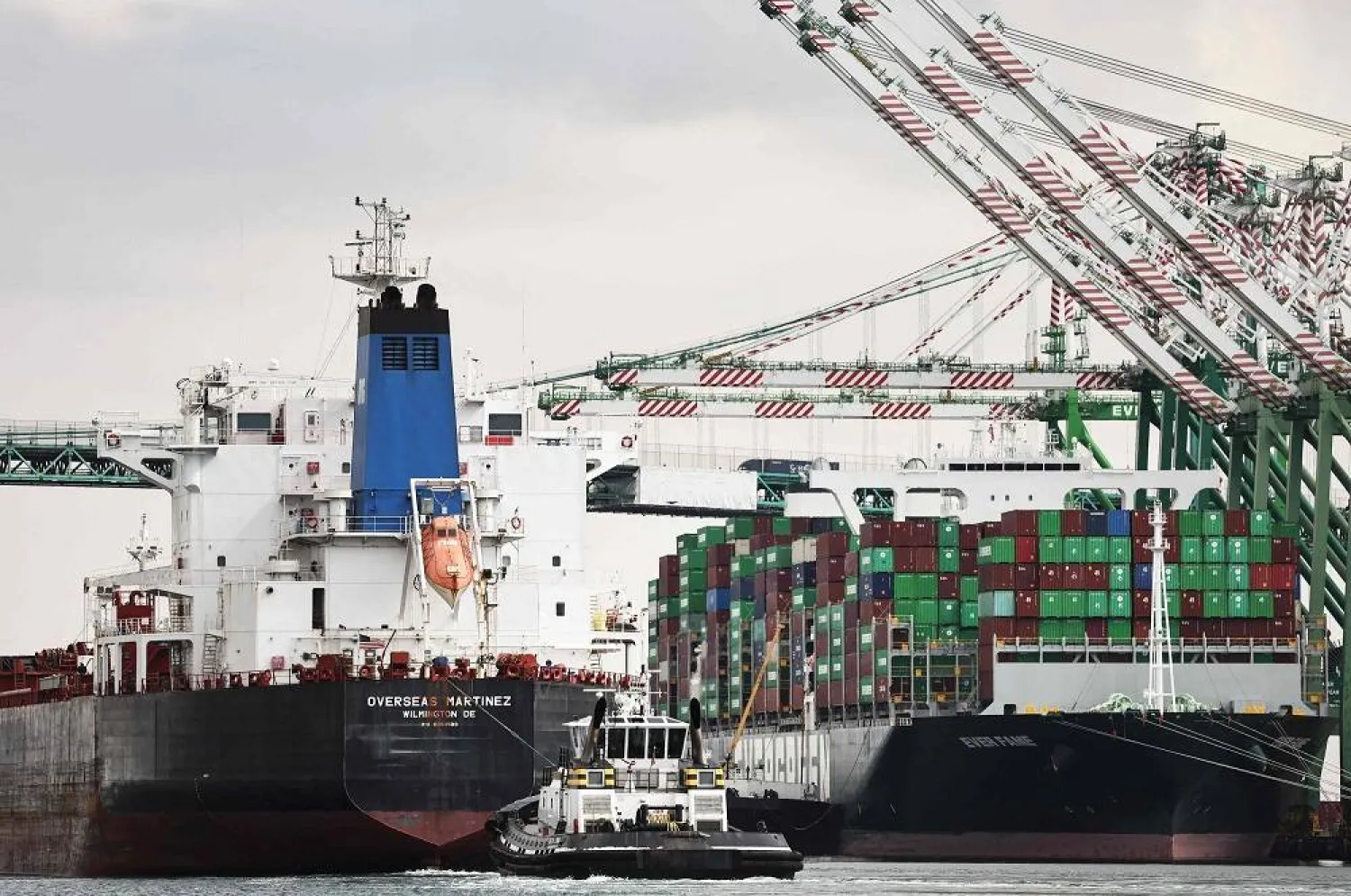Oil prices rose on Monday, buoyed by concerns that heightened conflict in the Middle East may curtail regional supply and expectations last week's outsized US interest rate cut will support demand.
Brent crude futures for November were up 22 cents, or 0.3% at $74.71 a barrel at 0705 GMT. US crude futures for November were up 26 cents, or 0.4%, at $71.26.
Both contracts rose in the previous session on support from the US interest rate cut and a dip in US supply in the aftermath of Hurricane Francine. Oil prices climbed last week for a second week.
A softer economic outlook from top consumers China and the US capped further gains.
"Geopolitical tensions in the Middle East have edged up a notch between Israel and Hezbollah, which could leave oil prices well-supported on the risks of a wider regional conflict," said Yeap Jun Rong, market strategist at IG.
"However, price gains have been somewhat more measured, which may reflect some reservations over the actual impact on oil supplies, given that the Middle East conflict has been dragging for some time now with little disruptions so far."
The Israeli military launched its most widespread wave of air strikes against Iran-backed Hezbollah, simultaneously targeting Lebanon's south, eastern Bekaa valley and northern region near Syria in nearly a year of conflict.
The latest attacks came amid some of the heaviest cross-border exchanges of fire in a conflict raging alongside the war between Israel and Hamas in Gaza.
The conflict has escalated sharply in the past week after thousands of pagers and walkie-talkies used by Hezbollah members exploded. The attack was widely blamed on Israel, which has not confirmed or denied responsibility.
While both oil benchmarks rose more than 4% last week on the back of the US rate cut, weaker demand sentiment in top oil importer China is capping the upswing, said Priyanka Sachdeva, senior market analyst at Phillip Nova, in a note.
"The demand for fuel is still up in the air," she said, adding that the US rate cut "raised concerns that the Fed may have envisioned ailing labor markets".
Last Wednesday, the US Federal Reserve cut interest rates by half a percentage point, a larger decrease in borrowing costs than many expected.
Interest rate cuts typically boost economic activity and energy demand, but analysts and market participants are concerned the central bank may see a slowing job market.









